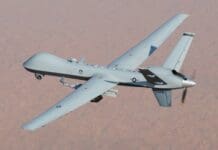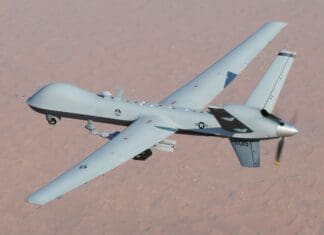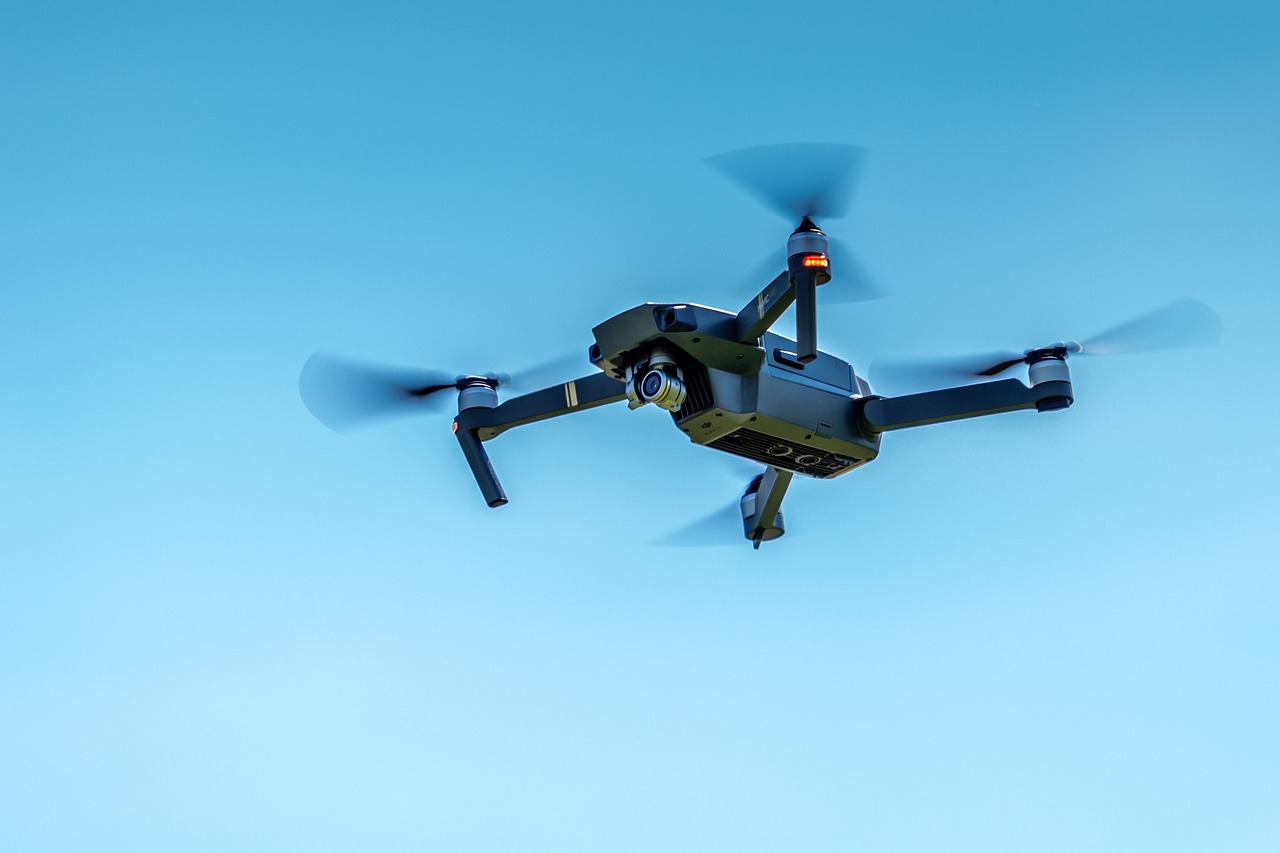This post is also available in:
 עברית (Hebrew)
עברית (Hebrew)
Russia and the US are opening their own centers for military-related research into artificial intelligence (AI), as China did in the spring of last year. However, their burgeoning approaches to state-sponsored research are divergent as the countries themselves. The U.S. Joint Artificial Intelligence Center (JAIC) aims to apply lessons from an Air Force pilot project to other military services, while the Chinese approach fuses civilian and military research and Russia’s efforts are closely directed from the Kremlin.
“What’s interesting is the extent to which the Russian government and especially the Ministry of Defense is marshaling resources for the development of AI for its military,” said Sam Bendett, an associate research analyst at CNA and a fellow in Russia studies at the American Foreign Policy Council.
Russia’s new innovation technopolis, dubbed Era and slated to open in September with a bare-bones research staff, is planned to grow to a 50-acre city by 2020. “Already, there are dozens of soldiers from military companies getting sent there, along with the initial private-sector staff,” Bendett said. “Era military staff are already involved in various scientific and technical activities.”
“No doubt that Pentagon’s announcement on establishing JAIC will be met with a certain degree of apprehension by the Russians, who are concerned about significant financial resources poured into AI development by the American private sector. Currently, Russian AI funding is only a small fraction of what is spent in the U.S.— or China, for that matter.”
Among the park’s first missions: exploring applications of blockchain for Russian cybersecurity according to defenseone.com.
The US Defense Innovation Unit Experimental DIUx recently announced the establishment of a Joint Artificial Intelligence Center JAIC to explore AI’s potential for bolstering the military’s decision making, partnerships, AI talent and National Defense Strategy.
Rather than an open exploration of new technologies, the effort will seek to replicate the Department’s success with Project Maven, its fledgling AI program for object recognition. But it will look across different services and missions – logistics, open-source data analysis, etc.
JAIC will serve as the hub for all Pentagon AI endeavors that exceed $15 million.


























